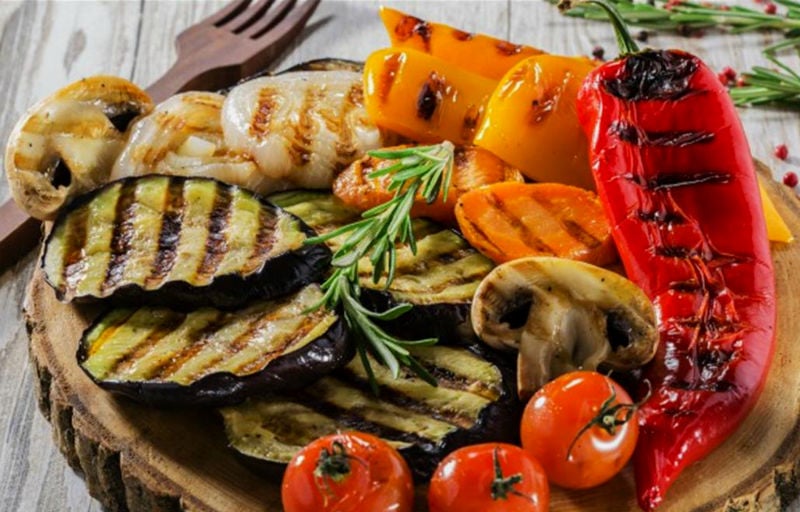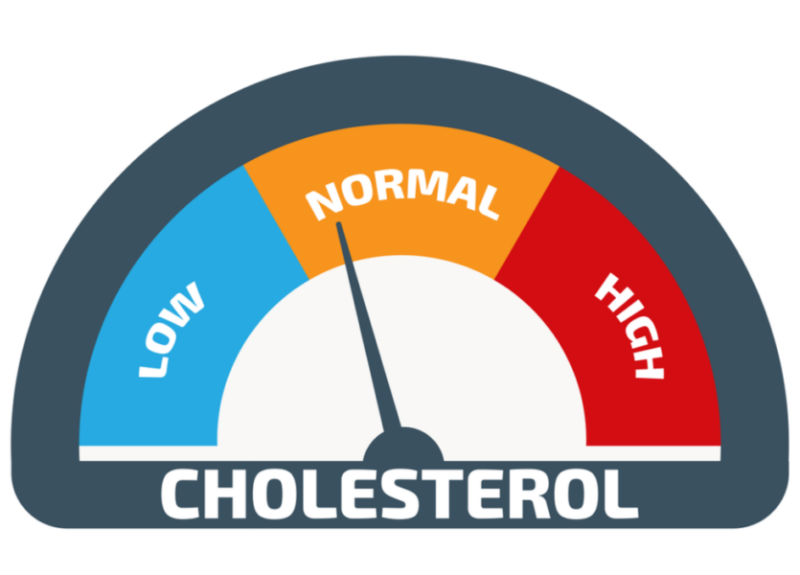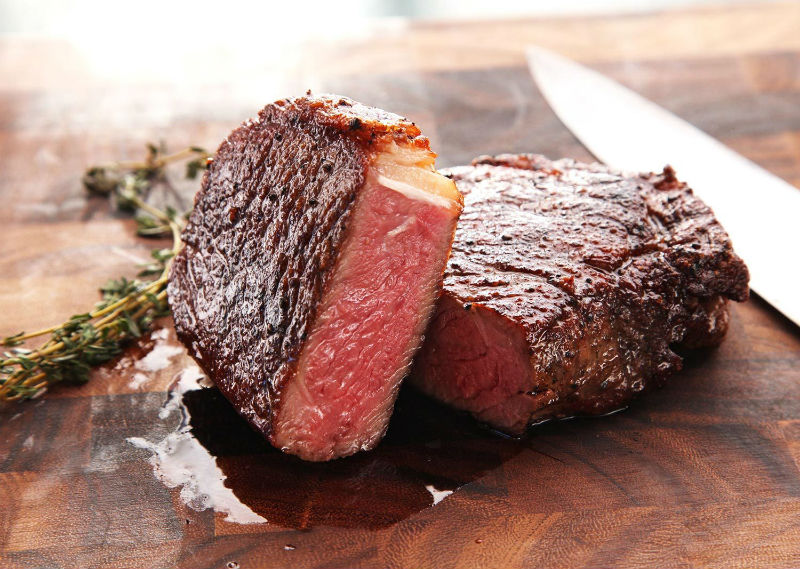Meat is awesome, guys. But sometimes people voluntarily choose to not eat meat. But don’t be afraid of them. In fact, there are a lot of good reasons to become a vegetarian. I tried it for 5 weeks and ultimately stopped not because I missed meat but because I was lazy. I just got tired of all the advanced planning that goes into making a wholesome vegetarian meal. Anyway, here are 10 misconceptions about vegetarians that we’ll clear up for you.
Not All Vegetarians Are Long-haired Hippies and Tree-Hugging Activists
Because people choose to be vegetarians, there is an assumption that they all live some kind of weird, alternative lifestyle. But not all vegetarians are covered in tattoos and piercings. It’s also not the case that everybody is a vegetarian because they think meat is murder; many are simply motivated for health reasons.
They Feel So Much Healthier…
Being a vegetarian generally means you are more conscious about what you eat. This means making healthy choices when eating out at restaurants and when shopping at the grocery store. This means eating less junk food, getting more exercise, and not taking up unhealthy habits like smoking or excessive drinking.
…Although Not Every Vegetarian Eats Healthy
On the other hand, it’s not automatic that a vegetarian always makes the right food choices. After all, Krispy Kreme donuts, fried tater tots and Doritos are vegetarian foods, regardless of the fact that they have all of the terrible (and terribly delicious!) things that lead to heart disease and other serious medical issues.
Getting Protein Isn’t a Constant Struggle
A question that vegetarians always get is, “How are you getting enough protein without beef and chicken?” The truth is, there are tons of plant-based foods that contain protein including beans (black beans are the best source), peas, broccoli, spinach, quinoa and brown rice. Furthermore, only around 10% of our diets actually have to consist of protein, so getting our daily fill through any of these is pretty easy.
They Save Lots of Money
Buying a steak or even a hot dog is more expensive than vegetarian alternatives. In fact, a study published in the Journal of Hunger & Environmental Nutrition found that people can save around $750 per year by switching from meat to a vegetarian diet. Furthermore, for those who are really into meat, the savings can actually reach as high as $3,000.
Vegetarians Eat More Than Just Tofu and Vegetables
Being a vegetarian, say, 25 years ago was a whole lot more difficult than it is today. Back then, tofu was pretty much considered exotic. Veggie burgers were becoming a thing, but they were nowhere near as good as the ones you can get today. These days there are a lot of vegetarians who rarely even eat tofu because there are so many alternatives. Vegetarian cuisine is mainstream and the possibilities extend far beyond a chef salad.
That Said, Vegetables Don’t Have To Be Boring
There are lots of interesting and delicious ways to prepare vegetables. For instance, grilled zucchini, red peppers and eggplant make for a perfect snack or side order. A salad with tomatoes, greens, pine nuts and gorgonzola cheese is also very satisfying.
They Have Healthy Cholesterol Levels
Beef, chicken and pork all have high levels of “bad” cholesterol. So naturally if you eliminate them from your diet, it’s going to have a positive effect on your health. Furthermore, since vegetarians aren’t prohibited from eating fish and eggs, these serve as sources of “good” cholesterol when eaten in moderation.
They Don’t Miss the Meat
There are so many options out there – even meatless items that taste “meaty” such as soy-based tempeh and the wheat-based seitan – that vegetarians who previously loved meat will find that they don’t need beef or chicken to satisfy their cravings.
Not All Vegetarians are Self-Righteous
It’s a stereotype that every vegetarian feels self-righteous and tries to convert others to a meatless diet by making them feel guilty about eating meat. While obnoxious vegetarians do exist, in all likelihood being obnoxious is one of their character traits irrespective of their choice to not eat meat.














+ There are no comments
Add yours